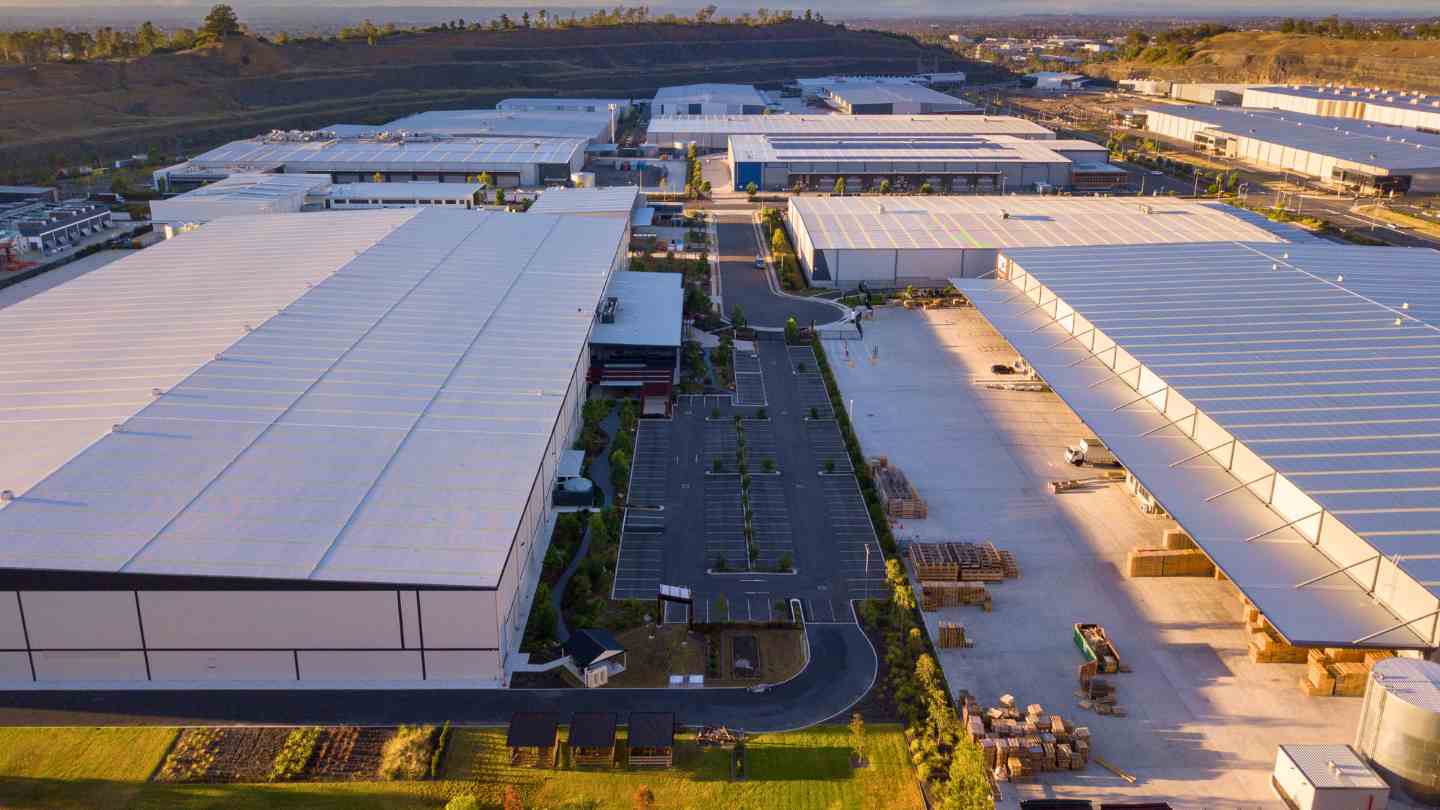Our Sustainability Initiatives
Our Sustainability Initiatives
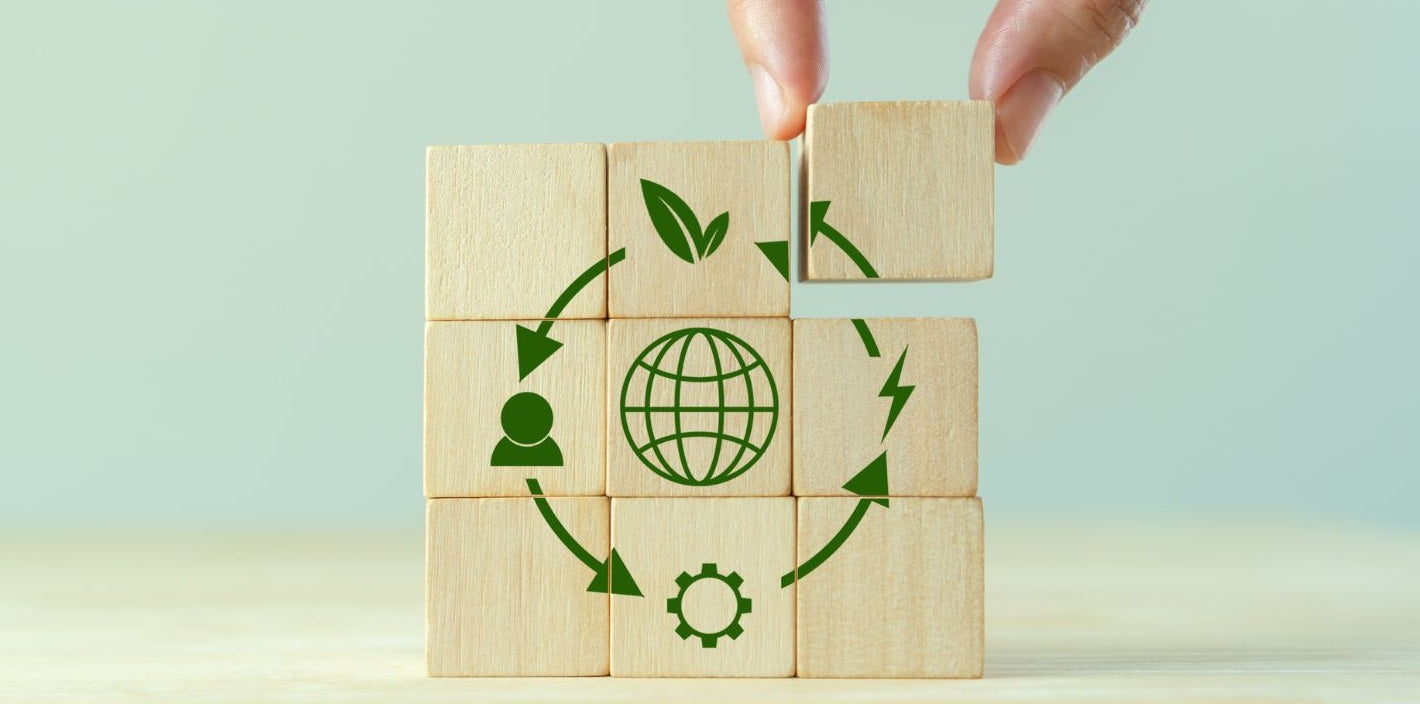
Circular Economy
Our commitment to circular practices involves evaluating products through their lifecycle. This includes sustainable material sourcing, efficient production to minimise waste, optimised logistics, responsible delivery, and end-of-life management through composting, recycling, or responsible disposal.
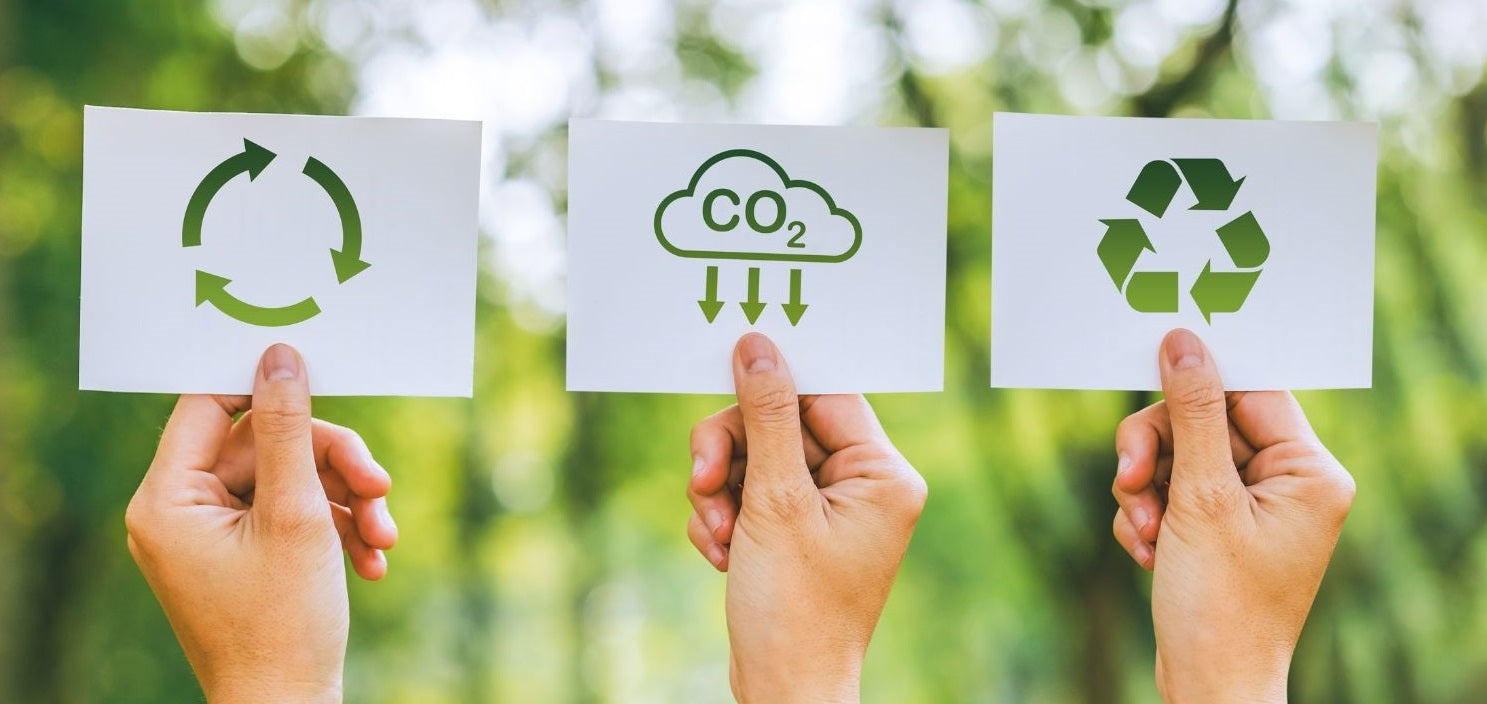
Carbon Management
Our commitment to carbon consciousness involves optimising product movement by maximising container space and implementing a single-touch policy in warehouses to reduce waste and support sustainability goals.
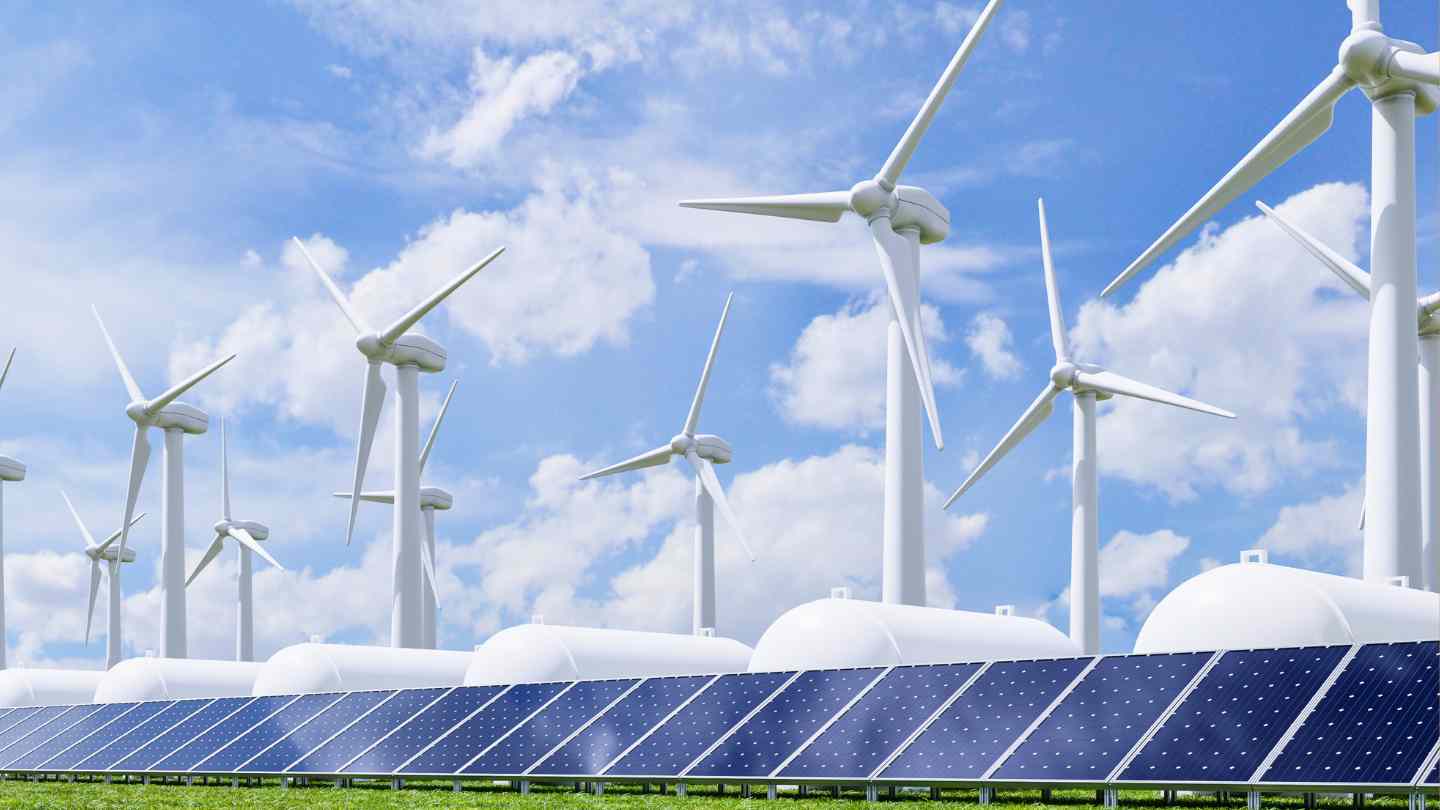
Green Energy
Green energy, as endorsed by the EPA and the Paris Agreement, includes solar, wind, and other renewable sources to reduce CO2 emissions and combat climate change. Utilising solar power, our company operates sustainably across various departments, prioritising environmental sustainability and reducing our carbon footprint.
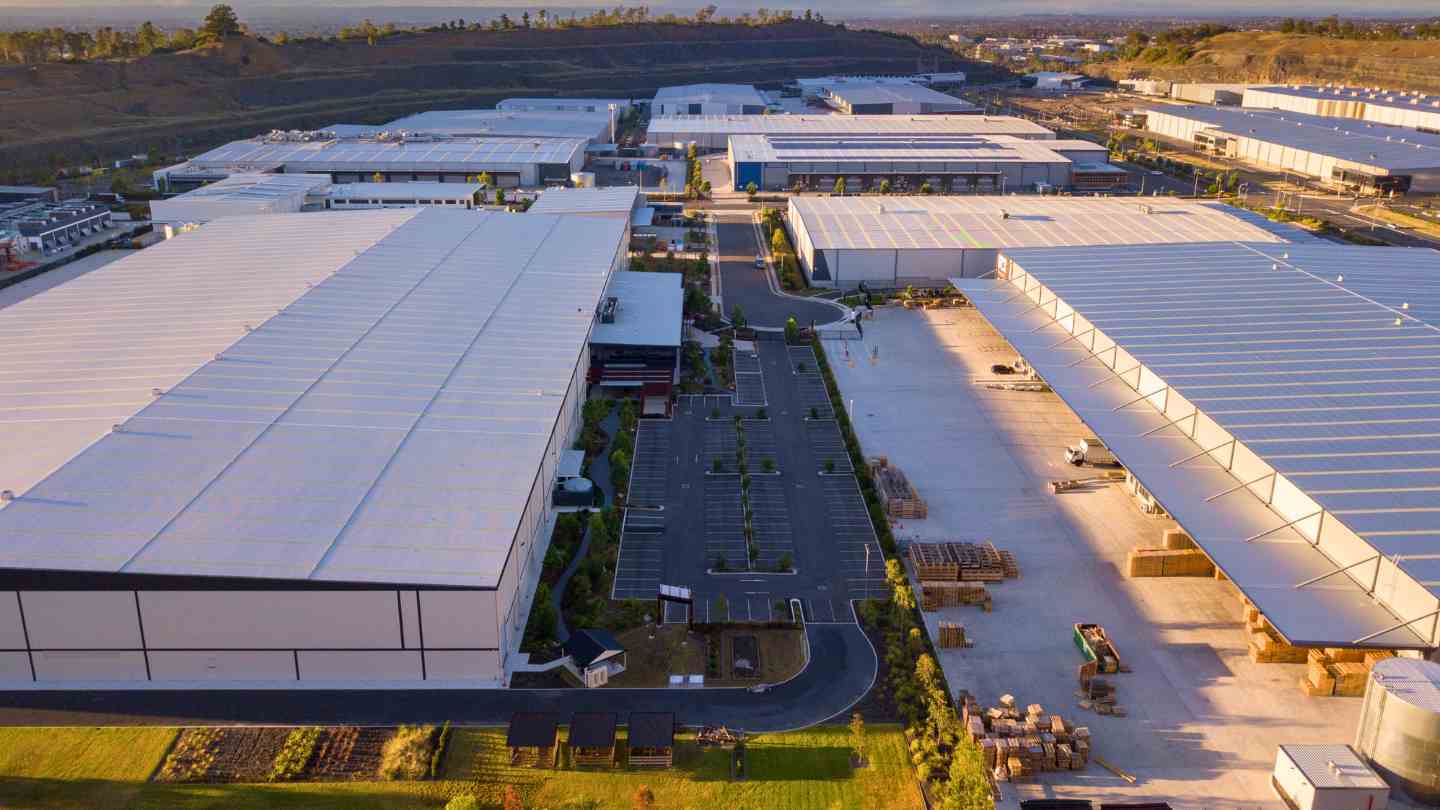
Energy Efficiency
The UN highlights the challenge of transitioning to clean energy. Improving energy efficiency across industries, buildings, vehicles, and equipment can reduce carbon footprints. Energy efficiency practices we’ve included are solar-powered IT infrastructure at our head office and automated systems at the Kahika Eco Hub to optimise efficiency and reduce energy consumption.

